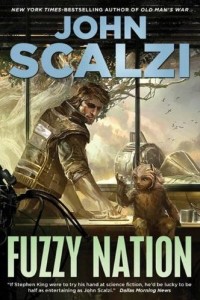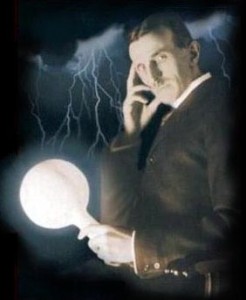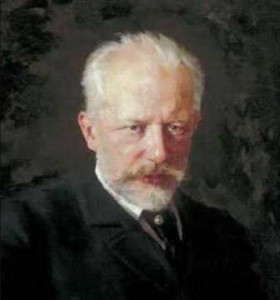 A good man once told me stories of two people and how they handle life’s problems, and decisions.
A good man once told me stories of two people and how they handle life’s problems, and decisions.
One of them prays and there is a method to his praying. While standing on a crossroads of a difficult decision in life, this person would turn his attention to God. He lights a candle, writes his problem on a small piece of paper, prays to get an answer, and then burns the piece of paper in the flame of that candle. In doing so, this person feels he is connecting to God and the rising smoke from burning this candle is taking his problem up to someone who will show him the way. As the smoke rises, he clears his mind of the problem, and waits for an answer or sign from Him. And every time, he has been given the answer or gets a sign from God, and feels that He has never been let down.
The second person the good man met, uses similar technique in resolving and facing his life’s problems. This person, sits down and quiets his mind – a sort of meditative state, if you may. While in this state, he thinks about the decision or the problem he is facing in life, and imagines himself standing on a beach. Then he makes a snowball of the problem, (or wraps his problem inside a snowball). With the full force, he then throws the snowball of his problem in the ocean, and watches it melt away as it is floating away from him. After a while, he starts to see the solution to his problem present itself. Our second person too feels that he has never been let down.
The good man met these people at different places and in different times of their lives. What makes this most interesting is the fact that the first person is a devout Christian, and the second is an Atheist. However, in both cases, you can see that there is a similarity in the way they approach a problem or decision in their lives. They both take their problems, and separate themselves from the problem. In the first case, writing the problem on a piece of paper is a way to take the problem out of your system. In the second case, the person imagines, in a quieted state, that he is taking his problem out of his mind and wrapping it in a snowball. Then they both send their problem to someone that they feel will provide help with an answer – towards God, or towards the world or universe, and wait for the solution to present itself.
Our good man heard these stories years apart of each other. He felt overwhelmed (and a bit freaked out) when he heard a totally different second person talk couple of weeks after the first one.
When I heard these stories, they seemed interesting to me. After listening to the two stories, I felt that our second person is not a religious person, but he sure is spiritual. He feels or believes in the existence of a higher being or the universe. I feel that in both cases the answers are inside a person. However, a lot of times we are emotionally compromised, or we are emotionally invested in a problem that we do not see the answer. In these stories, I heard that both people would separate themselves from the problem or a decision, and they can objectively make a better, informed decisions, and thus never been let down.
The key to making a better decision then seems to be looking at the problem objectively. And the universe will talk back to you.
Jatinder PS Nagi
May 6, 2012


